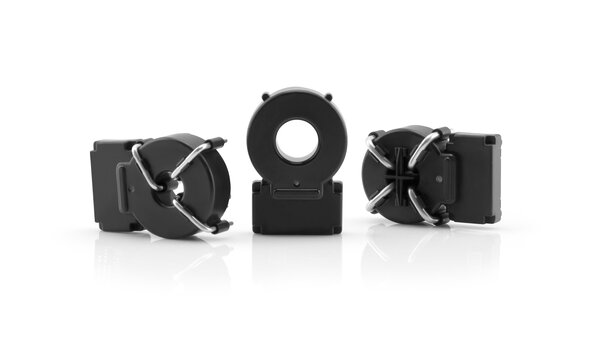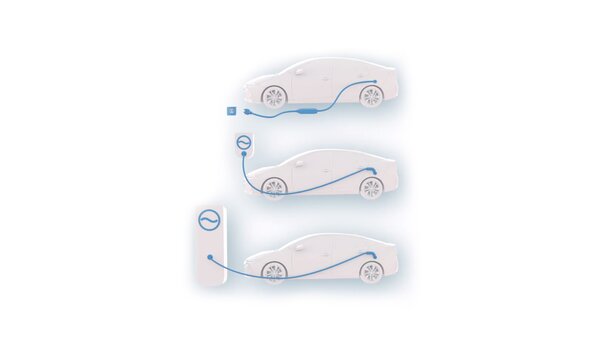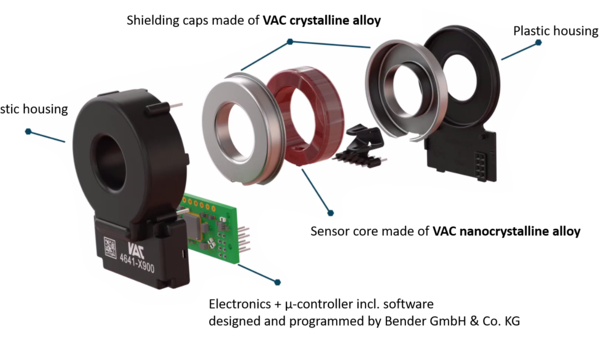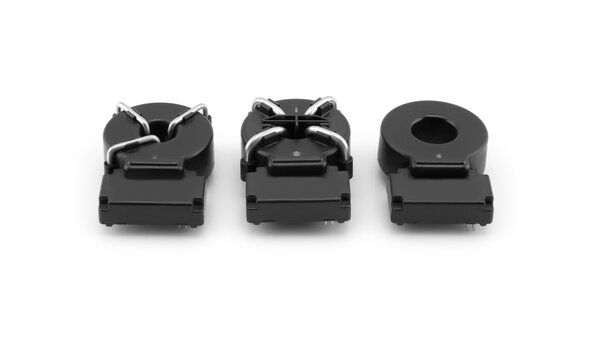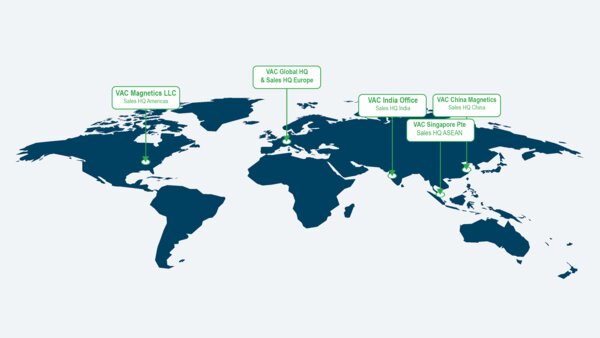benvac - All Current Sensitive Differential Current Sensor
Electrical Safety for Electric Vehicle Charging
benvac is a differential current (DI) sensor specifically developed for EV-charging providing all-current sensitivity. The sensor can trigger an automatic shut-off in case of hazardous electrical faults (DC and AC) according to IEC 62752 or UL2231.
Benefits:
- Protects against hazardous situations with fault currents, preserving RCCB type A from saturation
- Small volume and footprint for integration into compact IC-CPD
- Robust mechanical and electrical design suitable for harsh environmental conditions
- Electrical safety at low cost (compared to RCCB type B)
- Integrated self-monitoring and test functions
To satisfy new standards including IEC 62752, charging of electrical vehicles requires differential current sensors to avoid hazardous situations in cases where the vehicle battery (DC) is connected to the home power supply (AC).
Generally, AC/DC-sensitive differential current sensors can be used where direct current and alternating current circuits are directly connected and therefore AC/DC leakage currents can occur.
Typically, type A residual current circuit-breakers (RCCBs) are the sole type installed in private households, unable to identify and deactivate DC fault currents. Users seeking to charge an electric vehicle (EV) from a home power supply would therefore require a costly type B RCCB to guarantee safety in the presence of DC fault currents.
By using a VAC DI sensor integrated into an IC-CPD or wall box, customers can save themselves the high costs of installing a type B RCCB to provide all-current sensitivity and electrical safety at low cost.
A single DI sensor monitors simultaneously all currents in phases and neutral conductors sensing AC/DC fault currents. The sensor can activate automatic shut-off in case of hazardous electrical faults or signalize that the switch-off threshold was exceeded to a master device, which will then shut-off the system from the power supply. As the differential currents to be monitored only occur in the event of electrical faults and are extremely low (mA), maximum measurement precision is critical. In addition, a fast response time is required to maintain safety features and prevent humans from getting injured. Both requirements are excellently covered by the differential current sensor.
To satisfy new standards including IEC 62752, charging of electrical vehicles requires differential current sensors to avoid hazardous situations in cases where the vehicle battery (DC) is connected to the home power supply (AC).
Generally, AC/DC-sensitive differential current sensors can be used where direct current and alternating current circuits are directly connected and therefore AC/DC leakage currents can occur.
Typically, type A residual current circuit-breakers (RCCBs) are the sole type installed in private households, unable to identify and deactivate DC fault currents. Users seeking to charge an electric vehicle (EV) from a home power supply would therefore require a costly type B RCCB to guarantee safety in the presence of DC fault currents.
By using a VAC DI sensor integrated into an IC-CPD or wall box, customers can save themselves the high costs of installing a type B RCCB to provide all-current sensitivity and electrical safety at low cost.
A single DI sensor monitors simultaneously all currents in phases and neutral conductors sensing AC/DC fault currents. The sensor can activate automatic shut-off in case of hazardous electrical faults or signalize that the switch-off threshold was exceeded to a master device, which will then shut-off the system from the power supply. As the differential currents to be monitored only occur in the event of electrical faults and are extremely low (mA), maximum measurement precision is critical. In addition, a fast response time is required to maintain safety features and prevent humans from getting injured. Both requirements are excellently covered by the differential current sensor.
Our benvac Portfolio
Downloads
Related Products
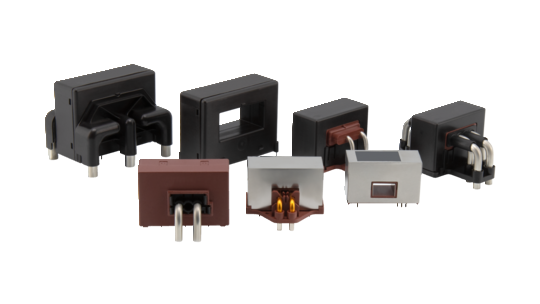
Differential Current Sensors
Closed-loop differential current sensors with VAC-invented magnetic probe for highest accuracy. VAC differential current (DI) sensors cover differential currents from 30 mA up to several Amps.

Electric Vehicle Charging
Our portfolio comprises inductive components and electrical safety devices for all charging modes and meets the requirements of various standards such as IEC 62752 or UL2231.

Electrical Safety Devices
Our products make your applications and your life safer. We offer various materials, stamped parts and inductive components such as differential current sensors or current transformers to support you in your solution.
Contact Us Think Global - Act Local
We are looking forward to support you.
